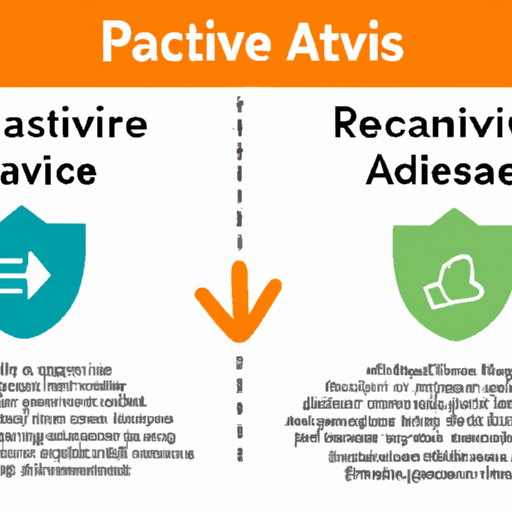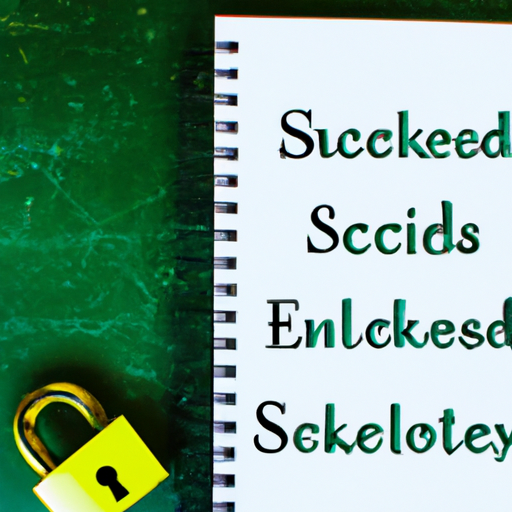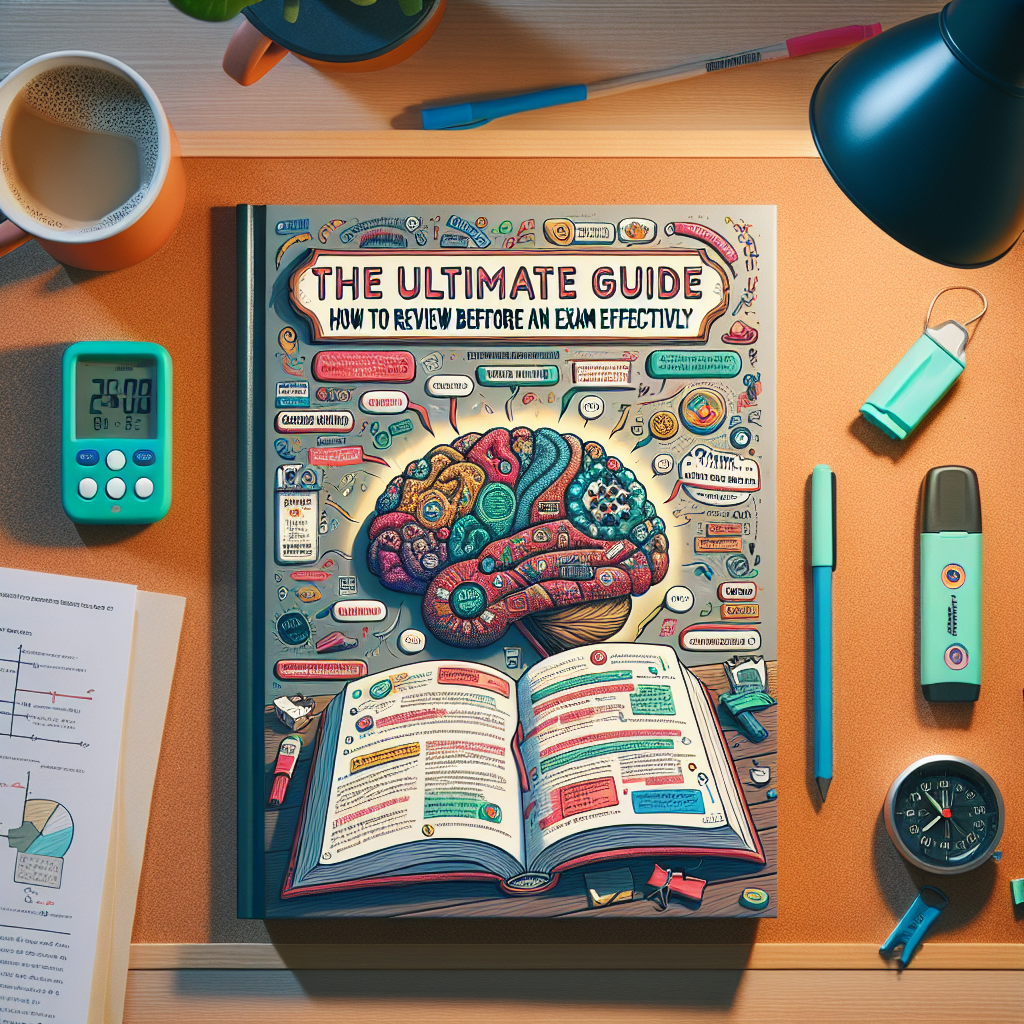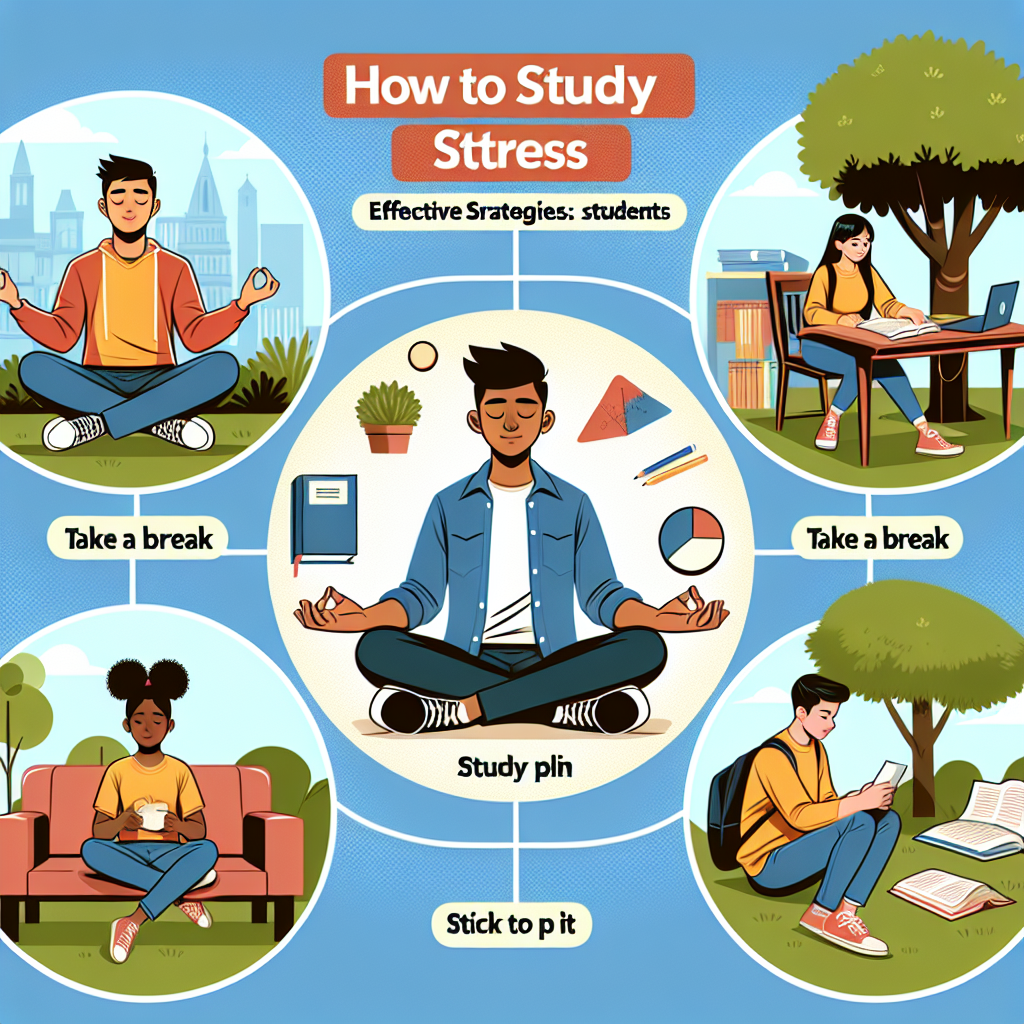How to Study Effectively: The Ultimate Guide
Are you looking for practical ways to boost your learning, retain more information, and achieve better grades? This comprehensive guide on how to study effectively will provide you with science-backed study techniques, productivity hacks, and actionable tips to help you become a more efficient learner. Whether you’re a high school student, university scholar, or lifelong learner, the strategies below will transform your study habits for success.
1. Understanding Your Learning Style
Everyone learns differently. Identifying your learning style is the first step to effective studying. Are you a visual learner who remembers information better through diagrams and images? Or perhaps an auditory learner who absorbs knowledge by listening?
- Visual Learners: Use charts, graphs, mind maps, and color-coded notes.
- Auditory Learners: Record lectures, listen to educational podcasts, and discuss topics aloud.
- Kinesthetic Learners: Incorporate movement, hands-on activities, and real-life examples.
- Reading/Writing Learners: Write summaries, make lists, and read textbooks thoroughly.
Tailor your study techniques to your preferred style for maximum retention and engagement.
2. Creating the Perfect Study Space
The environment you study in significantly influences your productivity. Here’s how to design a conducive study environment:
- Quiet & Distraction-Free: Find a space away from noise, phones, and social media.
- Comfortable Furniture: Use an ergonomic chair and a spacious desk to avoid discomfort.
- Natural Light: Position your desk near a window to benefit from daylight.
- Organized Supplies: Keep pens, notebooks, and textbooks within easy reach.
- Personal Touch: Add motivational quotes or plants to boost your mood.
3. Effective Study Techniques
Mastering study strategies is essential for efficient learning. Here are proven techniques to maximize your results:
- Active Recall: Test yourself regularly instead of just rereading notes. This boosts memory retention.
- Spaced Repetition: Review material at increasing intervals (e.g., after 1 day, 3 days, and a week).
- Pomodoro Technique: Study in focused 25-minute sessions followed by 5-minute breaks to avoid burnout.
- Summarization: Write short summaries after each study session to reinforce new knowledge.
- Mind Mapping: Organize complex topics visually to see connections and hierarchies.
- Mnemonics and Memory Aids: Use acronyms, rhymes, or visual imagery to remember facts.
Combine these techniques for deeper understanding and long-term retention.
4. Time Management and Organization
Good time management is the foundation of effective studying. Learn to plan and prioritize:
- Set SMART Goals: Make goals Specific, Measurable, Achievable, Relevant, and Time-bound.
- Create a Study Schedule: Use planners or digital calendars to map out study sessions and deadlines.
- Prioritize Tasks: Start with the most important or challenging subjects first.
- Break Tasks Down: Divide big assignments into smaller, manageable steps.
- Avoid Multitasking: Focus on one task at a time for better results.
Success is the sum of small efforts, repeated day in and day out.
5. Staying Motivated and Focused
Maintaining motivation is key to consistent study habits. Here are some tips to stay on track:
- Set Clear Objectives: Remind yourself why you’re studying and what you want to achieve.
- Reward Yourself: Treat yourself after reaching milestones to maintain enthusiasm.
- Study with Peers: Join a study group for support and accountability.
- Limit Distractions: Use apps to block social media and silence notifications.
- Practice Mindfulness: Take deep breaths or meditate to boost focus and reduce stress.
6. Healthy Habits for Better Learning
Your brain needs the right fuel to perform at its best. Adopt these healthy habits to enhance your cognitive abilities:
- Get Enough Sleep: Aim for 7-9 hours per night to consolidate memories and improve focus.
- Stay Hydrated: Drink plenty of water to avoid fatigue and maintain concentration.
- Eat Nutritious Foods: Include brain-boosting foods like nuts, leafy greens, and fish in your diet.
- Exercise Regularly: Physical activity increases blood flow to the brain and reduces stress.
- Take Regular Breaks: Step outside, stretch, or do breathing exercises between study sessions.
7. Summary and Action Steps
Developing effective study habits is a journey. Start by identifying your learning style, creating an optimal study environment, using proven techniques, managing your time, and maintaining healthy routines. Consistency is key—implement these strategies one step at a time and track your progress.
- Assess your current study habits and identify areas to improve.
- Set a specific study goal for this week.
- Choose one new technique (like Pomodoro or spaced repetition) to try today.
- Share your goals with a friend or study group for accountability.
Remember: anyone can become a more effective learner with the right approach and mindset. Good luck!







